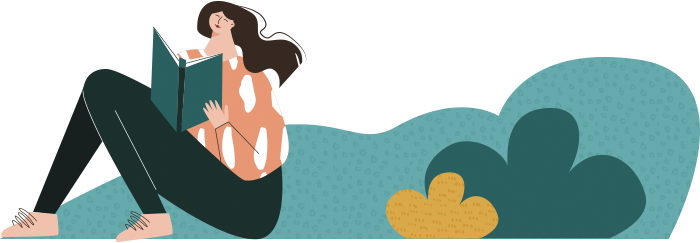Introduction
Understanding mental health options can be confusing. Counselling and psychotherapy both support emotional well-being, but they differ in focus, depth, and methods. At Hammock Counselling, we integrate both approaches, guided by highly experienced supervisors, to provide safe, effective therapy for all clients.
What Is Counselling?
Counselling is typically a short-term, present-focused therapy. It helps individuals manage current challenges such as grief, loss, stress, and relationship difficulties. Counselling may offer practical coping strategies when appropriate and relevant, and prioritises creating a safe space and relationship to explore and express emotions which can be a very powerful experience (BACP Ethical Framework).
What Is Psychotherapy?
Psychotherapy is usually a deeper, longer-term approach that explores past experiences to understand current behaviours and emotional patterns. By addressing “back there and then,” psychotherapists help clients uncover long-standing patterns and promote personal growth (BACP Ethical Framework).
Theoretical Foundations
Carl Rogers: Person-Centred Therapy
Carl Rogers emphasised the therapeutic relationship, empathy, and unconditional positive regard. His person-centred approach demonstrates how a supportive environment helps clients navigate immediate emotional challenges (Simply Psychology – Carl Rogers).
Sigmund Freud: Psychoanalysis
Sigmund Freud introduced concepts like the unconscious mind and early childhood influence. Psychodynamic therapy, inspired by Freud, explores how past experiences shape present behaviour (Simply Psychology – Freud).
Neuroscience Supports Both Approaches
Modern neuroscience shows the brain is plastic and capable of change through therapeutic interventions.
- Counselling can activate emotional regulation networks in the brain, helping clients manage distress (Neuroplasticity: How the Brain Heals – The Guardian).
- Psychotherapy engages memory and emotion networks, validating the effectiveness of exploring past experiences (Brain Stimulation Trial – The Guardian).
Similarities Between Counselling and Psychotherapy
- Therapeutic Relationship: Trust and empathy are essential for success (BACP Ethical Framework).
- Confidentiality: Both approaches provide a safe space to explore emotions.
- Ethical Standards: Governed by professional frameworks to ensure competence and client safety.
Why Both Approaches Matter
Clients often benefit from an integrative approach. For instance, someone experiencing relationship difficulties may need support and understanding in dealing with the pain of a recent breakup (counselling) while also exploring the person’s past (psychotherapy) to help identify and understand repeating patterns of behaviour. Addressing both creates long-term, meaningful change.
Hammock’s Supervised Counsellors
Our counsellors are highly skilled, reflective, and carefully selected. All sessions are supported by experienced supervisors trained in both counselling and psychodynamic psychotherapy. Supervisors provide guidance, support, and oversight, ensuring our therapists are offering safe, professional, and effective therapy. This model combines the fresh talent of trainee counsellors with seasoned expertise, giving clients confidence in their care.
Real-World Relevance
Reports highlight the growing evidence supporting counselling and psychodynamic approaches. The Guardian documents both the effectiveness and the evolving understanding of therapeutic interventions (Therapy Wars – The Guardian).
Conclusion
Counselling addresses the here and now, while psychotherapy explores the back there and then. At Hammock, our integrative approach ensures clients benefit from both, supported by highly experienced supervisors overseeing capable trainee counsellors. This combination promotes safe, effective, and meaningful therapy that fosters lasting well-being.
Thanks all
Ed
(Hammock co-founder & private practice therapist)
References
- BACP Ethical Framework
- Simply Psychology – Carl Rogers
- Simply Psychology – Freud
- Neuroplasticity Podcast – The Guardian
- Brain Stimulation Trial – The Guardian
- Therapy Wars – The Guardian


